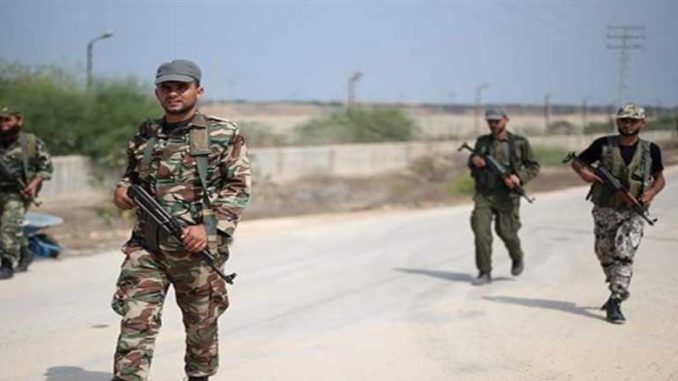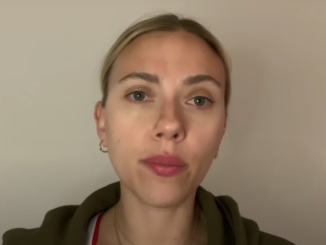
Gaza’s forces have tightened security in the besieged enclave on Thursday after a suicide bombing targeted Palestinian security forces near the Egyptian border earlier in the day, killing two, including the attacker, and injuring four others. The attacker’s family, meanwhile, has refused to hold a funeral for their son, saying that his actions were against their religion and beliefs.
Gaza security forces and the Izz al-Din al-Qassam Brigades, the armed wing of the Hamas movement, were heavily deployed in areas in southern Gaza, near the Egyptian border.
Locals told Ma’an that a number of army checkpoints were erected in the cities of Rafah and Khan Younis near Gaza’s borders with Egypt.
Members of al-Qassam Brigades told Ma’an that the group would “not hesitate to confront all threats and defend Gaza’s people and lands from foreign attacks.”
Meanwhile, Hamas, the de facto leaders of the Gaza Strip, said that it was strengthening security measures near the borders to prevent extremist members of the Salafi movement — an ultra conservative branch of Islam — from sneaking into Egypt from Gaza to join Ansar Bait al-Maqdis — now known as the Sinai Province, an extremist militant movement affiliated with the so-called Islamic State.
The family of the assailant also released a statement following the attack, in which they refused to hold a funeral or burial service for the suicide bomber, identified as Mustafa Jamal Kalab, and expressed their condolences to the security officer, Nidal al-Jafaari, who was killed in the attack.
“We in the Kalab family, inside and outside Gaza, severely condemn this ugly crime that violates our beliefs and religion,” the family said in a statement. “We declare our clearance from the crime and the assailant. We also declare our rejection to holding a funeral or a burial ceremony” for Kalab, the family added.
Meanwhile, Hamas members said that the movement has “tightened its grip on the Jihadist Salafis” in the besieged Gaza Strip. The crackdown has also grown following “understandings” made with Egypt, which Hamas said has caused “more aggressive reactions” by Salafi members in Gaza.
The suicide attack on Hamas officials represented the group’s disapproval and anger over Hamas’ policies targeting the Salafi movement, which have also prevented them from crossing the border into Egypt to fight for the Islamic State, the Hamas members said.
The Islamic National Forces expressed its rejection to the attack in a statement, saying that the suicide bombing would “serve the interest of the Israeli occupation,” and called on all Palestinian forces and factions to fight against extremism.
The Popular Resistance Movement and the Democratic Front for the Liberation of Palestine both condemned the attack and said it was a “violation of religion and values.”
Egypt has strictly enforced the decade-long Israeli blockade of Gaza and flooded hundreds of the tunnels as part of an ongoing security campaign in the northern Sinai Peninsula against anti-regime militants.
Hamas officials have held a number of meetings and implemented a series of measures in recent months centered on improving relations between the movement and Egypt by increasing cross border security, which included the construction of the 100-meter-wide military buffer zone.



